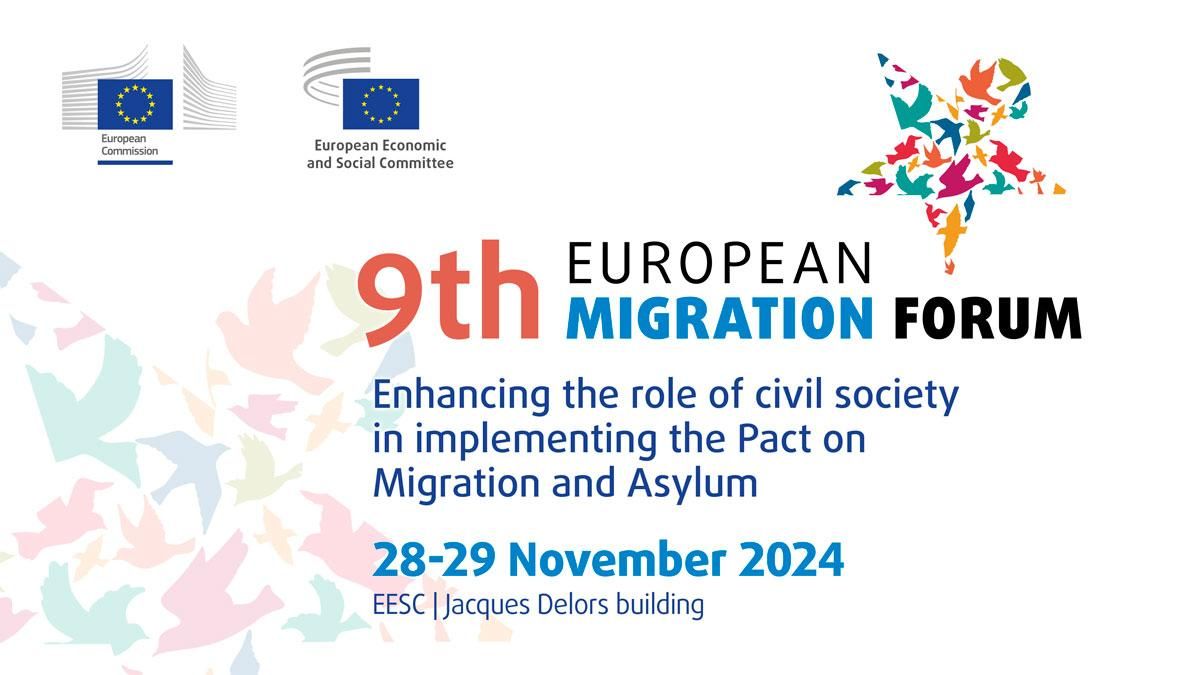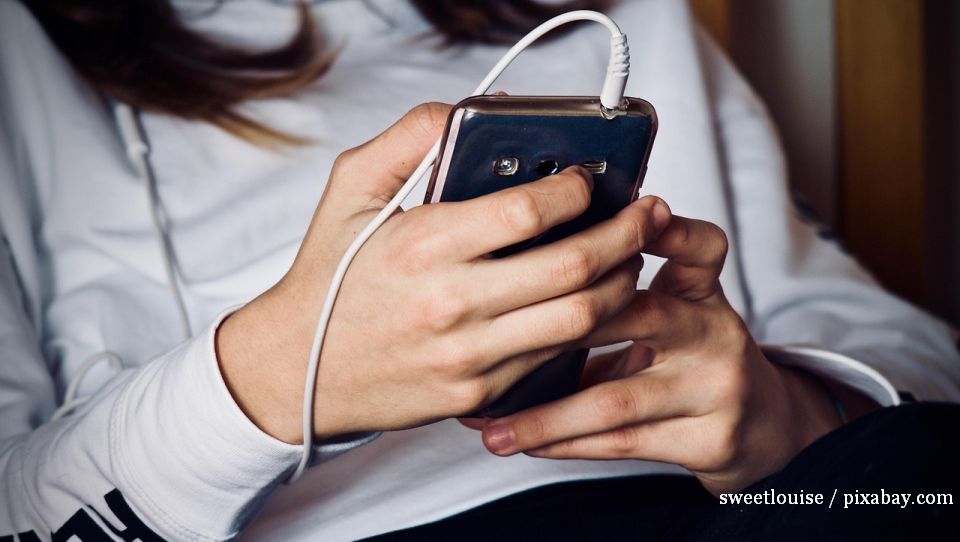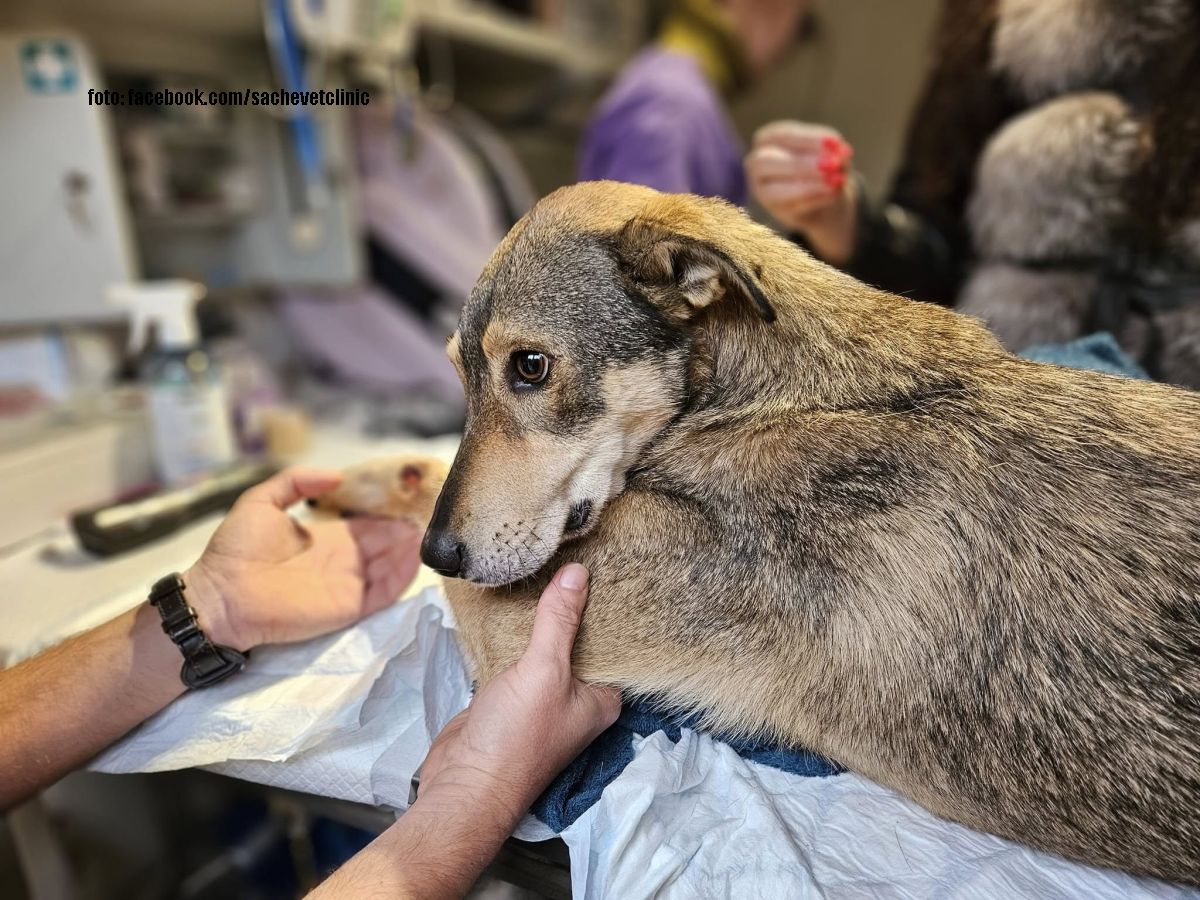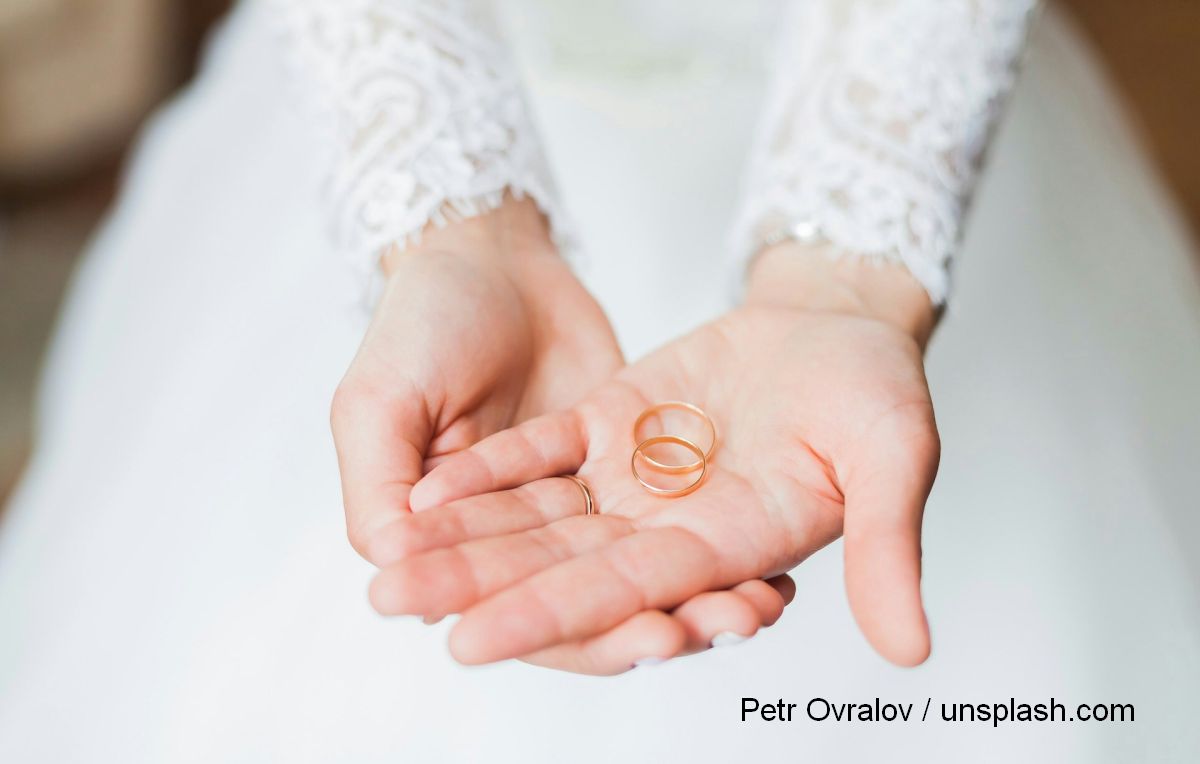New solutions for old problems: bullying
One in two students in Romania was a victim of threats, humiliation or physical violence

Iulia Hau, 16.10.2024, 08:09
A study carried out by Save the Children at the beginning of the year showed that one in two students in Romania was a victim of threats, humiliation or physical violence, and 82% of them witnessed such situations. According to a recent report by the World Health Organization, Romania ranks third in Europe regarding the phenomenon of bullying. Romanian legislation defines bullying as the action or series of physical, verbal, relational and/or cyber actions, in a social context that is difficult to avoid, carried out with intention, which involves an imbalance of power, has as a consequence damage to dignity or the creation of a intimidating, hostile, degrading, humiliating or offensive atmospheres, and targets aspects of discrimination and social exclusion. At the same time, Roma students continue to face the phenomenon of segregation in schools, although Parliament adopted the law prohibiting this a long time ago.
There are, however, people who choose to put their skills and experience to the service of solving this problem through less conventional methods. During September, the Acting Works Association was on a tour in five schools from four vulnerable communities (Mizil, Giurgiu, Ciorogîrla and Câmpina, all from the southern part of Romania), supporting performances of the theater performance “Vi me som rom/ I’m Roma too”, a play that shows what it means to be Roma in Romania, through the prism of three real life stories.
Andrei Șerban, actor and founder of Acting Works, has been doing social theater for 17 years, and what encouraged him to stage the play and embark on this tour with the team was his life experience, as an “invisible” Roma” (a person of Roma ethnicity which cannot be identified as such based on physical features):
“I was ‘in the closet’ until I was 20 or so. I was afraid of being discriminated against, and when I assumed my Roma ethnicity I realized that I wanted to do a show. I hear a lot of racist things because people don’t realize that I am Roma. Then, this show is also made a little out of frustration, but also to give some tools to people who face racism, and also to people who witness racist events — to know how to act or react.”
Mădălina Brânduşa, actress and part of the Acting Works team, says that one of the reasons why they chose to play in underprivileged communities is their lack of access to theater and cultural products, compared to the educated public in Bucharest. She adds that among the teenagers who saw the play, there were many for whom it was their first encounter with the theater.
Asked how the show was received by students and teachers, Andrei answers:
“We built it with a lot of humor because we didn’t want to double a pressure that is occuring, and it is somehow adapted to the language that teenagers use. During the feedback at the end, when we have the post-show discussions, is that they recognize themselves in the characters. Many female students and many students of Roma ethnicity embraced their identity for the first time, which makes us very happy, because it was also one of the stakes of the show.”
The two add that they are not spared their emotions before each show, given that it has a tone of criticism towards the teaching staff. It is neither the first year, nor the only anti-bullying activity that the actors carry out in primary schools and high schools. In previous years, together with the students, they created several videos about bullying in schools, one of which has been viewed more than a million times so far. Mădălina Brândușa explains that, for this, over the course of 3 months, they held a series of workshops with students from schools located in both rural and urban areas, asking them what are the most pressing problems they face. When asked what they think the school and the authorities could do better to combat the phenomenon of bullying in schools, Mădălina answers:
“What we realized at the school level is the immense need to have an hour a week in the curriculum for anti-bullying education, theater workshops to work in this area, on healthy relationships, sex education specific to the age group. It is one thing to do it in grades I-V, and another in middle school and high school. It needs to be something constant, nothing extraordinary happens if you go once a year or twice a year.”
Andrei reports what displeased him when he was recently invited to a conference, together with teachers, authorities, police representatives, social workers, lawyers, and school counselors
“From my point of view, the approach needs to be changed a bit. We are at the point where the approach is punitive. I was unpleasantly surprised to see that it was discussed in terms of victim versus aggressor, but somehow, in order to correct their behavior, they should not be seen as aggressors. We have to realize that they are at an age and there are some issues behind it, issues that are usually systemic, these things come down to unequal access to resources. There are people who do not have access to therapy, including parents. There should be intervention in the family, it should be free of charge – access to therapy, to a psychologist, to go and see what’s going on. Having violence in the family, more often, but not exclusively, in precarious environments, here we have to intervene somehow.”
Victims of bullying, as well as those who perpetuate it, are exposed to emotional and social problems, depression, low self-esteem, poor school performance, anxiety, and many others, problems that can continue for a long time and mark a person’s life. One study showed that victims of childhood bullying were 4.3 times more likely to experience an anxiety disorder as adults compared to those who had not had such an experience. Furthermore, those who had played both the role of victim and perpetrator faced a 14.5 times higher risk of developing panic disorder in adulthood.
Andrei also believes that students do not have enough opportunities to work in a team and make friends from a position of partners. He believes that we don’t have teachers who are trained to “teach” empathy and to sow in students the ability to feel what the other feels:
“It seems to me that school is in a very competitive area, and the students don’t they have subjects or activities where they can work together, do something together, get to know each other, make friends. Our example was that we put both the victims, and the aggressors in the same class, and from differing years, both those who were victims of bullying and those who meted it out. Working together for three months, they began to become friends, to see that, in fact, acting requires you to rely on your colleague, to trust your colleague, and then they became friends. I think activities like that are missing in schools.”






























